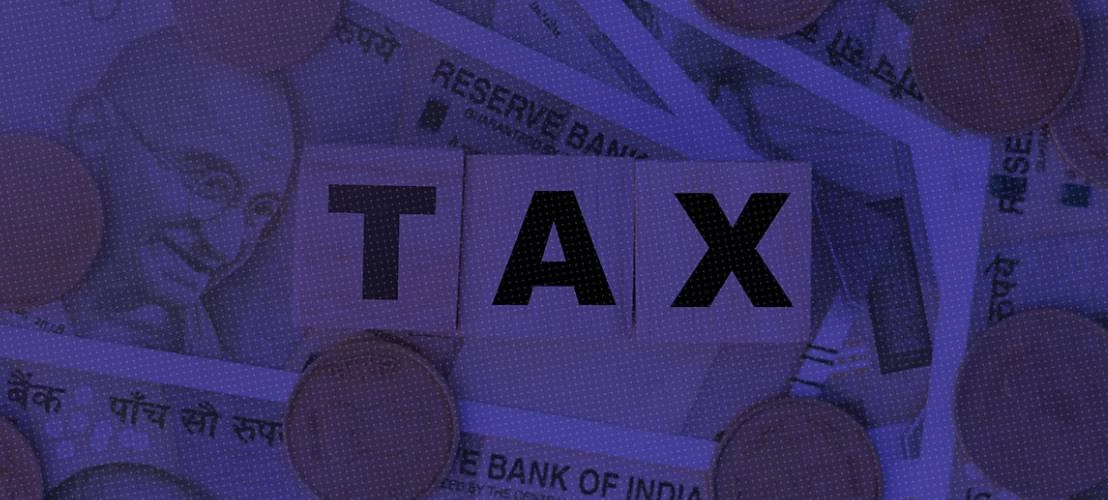The Delhi High Court has held that there can be a case of infringement even when all the elements of a claim do not entirely correspond in the infringing product. According to the Court, it is the pith and marrow of the invention claimed that is required to be looked into. Observing that the critical question was whether the elements not found in the alleged infringing goods were essential or not, the Court held that non-essential or trifling variations or additions in the product would not be germane, so long as the substance of the invention is found to be copied. It also observed that mapping of one of the independent claim is sufficient to constitute infringement, even if the dependant claims may differ, without going into the mapping of the remaining, dependent claims.
The suit patent in the dispute consisted of ‘carriage for horizontal transfer of motor vehicles in automatic mechanical car parks’ and the defendant had pleaded that two elements (hinging and immobilization of rear wheels) of the plaintiff’s patent were not present in the alleged infringed goods of the defendants. The Court was however of the view that both the elements do not make a substantial difference in the functionality, and that the product of the defendant achieves substantially the same result in substantially the same way, as claimed in suit patent.
Rejecting the defendant’s argument that injunction should be denied as the patent was about to expire, the Court held that the monopoly granted to exploit the invention without competition, during the term of the patent, would apply in equal vigor, notwithstanding the fact that the patent is on its last legs. It held that the provisions of the Patents Act make no distinction between a new or a concluding patent. Relying upon decisions of foreign courts, the Delhi High Court held that that any product which is infringing, during the term of the patent, would continue to be tainted even after the expiry of the term of the patent.
Further, granting interim relief, the Court in the case Sotefin SA v. Indraprastha Cancer Society and Research Center also held that the words ‘patented products’ covered under Section 107A(b) of the Patents Act, 1970 would include only those products which are patented under the Indian Patents regime. The Court in this regard rejected the argument that since the product imported from China was covered under a Chinese patent, as per Section 107A(b), there would be no infringement.
It was of the view that the term ‘patented product’ found in Section 107A(b) must be understood with reference to ‘patented article’ read with definition of ‘patent’ and ‘invention’ as per Section 2(1)(o), (m), and (j) respectively. It was held that the construction that ‘duly authorized under law’, is to be widely interpreted to include foreign law, would defeat the rights of an Indian patentee. The Court in this judgement dated 17 February 2022 also noted that the doctrine of international exhaustion, as found in the Trademarks Act, was not intended to be incorporated under the Patents Act.







